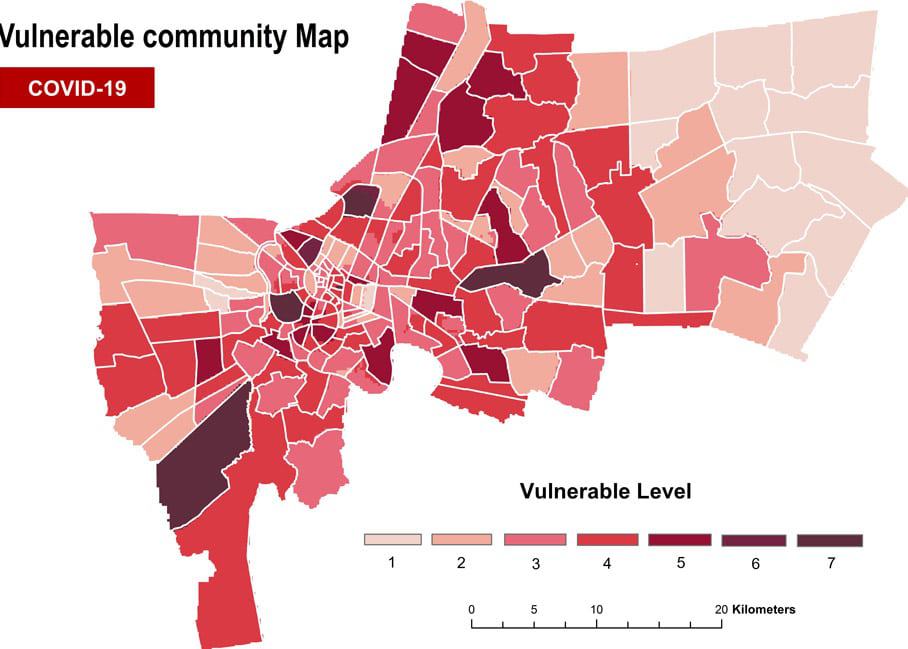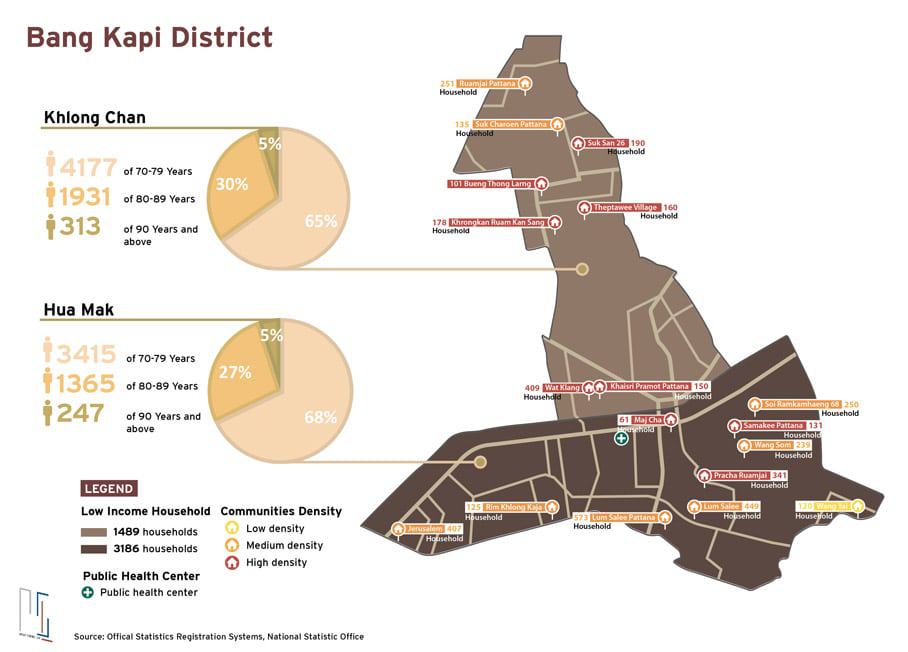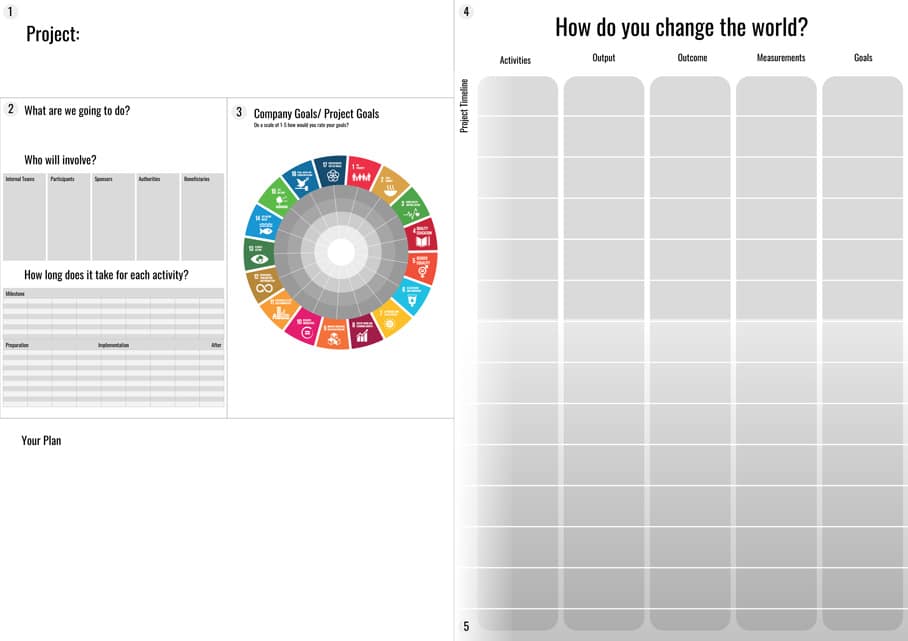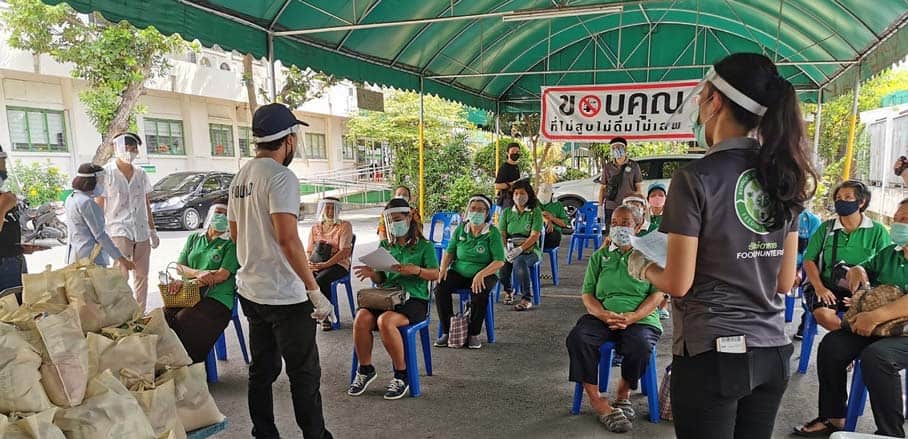Urban Living Labs in Bangkok: Potential for Thai Cities
Traditional, top-down urban planning has failed to meet the needs of urban dwellers in Thailand. Pongpisit Huyakorn, director of Bangkok-based Urban Studies Lab, makes a case for urban living labs as a more people-centred approach.
Thai cities are increasingly failing to meet the needs of their citizens, leaving the most vulnerable and underrepresented members of our communities to bear the burden. A tradition of top-down urban planning has built a culture of governance where most decisions are made behind closed doors, and little information on how those decisions are made is publicly released. This broken process means most urban planning policies and development programmes overlook local communities, and that resources are not allocated effectively to address the real needs of citizens. This system is entrenched within an obsolete, 46-year-old national urban planning law, demonstrating that without proper incentives and external support, there is no urgency for change.
There is no lack of parties interested in addressing the inequities of Thai cities. Government officers, academics, NGOs, businesses, and most substantially, local community members, are looking for a better way. However, without a new, more inclusive planning process that proves easier, more reliable, and more effective, inequities will persist.
Urban Studies Lab (USL) is an independent, applied research centre driven by its mission to build a more inclusive urban neighbourhood development process in Thailand. We do this by orchestrating our USL Urban Living Lab (ULL) approach, an approach that places local communities as equal partners in the planning, design, and transformation of their city, and strategically convenes a broad range of actors, including the government, to test new methods of neighbourhood-scale urban development. We focus on co-creation that expands the organisational capacity of the city, sharing the responsibility that falls on the government, and providing an alternative to existing forms of governance and decision making.
We have seen through our work that the government sector is reluctant to make drastic changes to policy or put funding behind new ideas, without first seeing tangible examples of success. Through our ULL model, the results of our work serve as the pilots and proofs of concept to incentivise change. We believe that this is replicable and are now looking to scale and expand our approach throughout Bangkok and beyond.
What Are Successful Examples Of Urban Living Labs in Bangkok?
USL is the founding partner of COVID Relief Bangkok (CRB), which has been operating for the vulnerable communities in Bangkok during the COVID-19 pandemic. CRB has been working with several stakeholders to support the most vulnerable households through the ULL model. We used an Analytic Hierarchy Process in the Geographic Information System (GIS) platform to analyse urban data to prioritise which sub-district in Bangkok we should focus on. We then worked with local partners to target the most vulnerable households in those areas.

© Urban Studies Lab
At the end of the second phase, we could raise more than 150,000 USD (in crowdfunding alone) and reach more than 50,000 vulnerable households.
In the ULL model being used for CRB, it is acknowledged that every partner brings specific expertise to the table; the model helps define the roles and responsibilities of each group, including academia, NGOs, and private and government actors. Each contributes to the growing ecosystem of this initiative by offering critical insight and knowledge.
The successful example of this ULL makes us confident that our data-driven plans are bolstered by real-world perceptions and keep us on the right track. The model provides everyone with a universal and systematic approach that is easy to plug in and get to action. Scalability and replication become more straightforward.
One of the biggest advantages of the ULL model is its flexibility, which caters to our need for quick, real-time adaptions. The urban setting is dynamic, and that is even more amplified in times of crises and uncertainty, such as the current pandemic. We must be ready to learn, grow, and pivot with promptness to adjust to changes within the many unique local environments. For example, when we completed a cycle of supply distribution, the user provided us with feedback and live data. Our team then reprocessed new information, reflected, and readjusted operation processes into a more fitting and robust system.
Promoting Open Data To Encourage Further Implementation Of Urban Living Labs In Bangkok
From our experience, information and data can help foster evidence-based decision making and collaboration, thus moving away from siloed operation and status quo in the Thai planning system. USL believes that information and data gathering from different stakeholders and utilisation of data analytics to communicate with different players in the urban system is the key to leveraging the partnership for positive changes in our cities. For example, accurate socio-economic data can help the local government prioritise their action and policy development. Therefore, being an open data institute is indispensable for the successful implementation of the ULL model, as it optimises the ecosystem of collaboration within the living lab.

© Urban Studies Lab
We have been developing a project bank, which consists of the projects from different academic institutions that USL has been working with. Through data sharing, these projects can be scaled and sustained, moving away from one-off or ad-hoc projects. In the summer of 2021, we have developed the research project on the local Participatory Budgeting (PB) project, later on, the Bangkok Metropolitan Administration (BMA) used that as the proof of concept and then promoted the local district USL is working with to be the first pilot district for a PB project in BMA. Other projects that got turned into real projects include pocket park developments and canal walkways.
Having data openly available also contributes to building a shared understanding of urban development projects and eventually leads to collective action. USL wants to emphasise that knowledge sharing and evidence-based awareness-raising are vital to building partnerships that include stakeholders like local district offices, academic institutes, local communities, NGOs, and private companies. This can be seen in the open data platform we are developing, and in the social impact assessment tool we developed for our partners.

Social impact assessment tool © Urban Studies Lab
Ultimately, collaborations must be mutually beneficial for all partners involved. A good example of this is an ongoing collaboration with the Digital Government Development Agency. We could convince them to support us in developing an open data platform for public use (accessible in Thai here). The platform, in turn, will help them make the case to their partners of the benefits of sharing data, including the data-based development of new initiatives in different areas in Bangkok, academic research, and public participation and transparency.
I think that both the ULL and open data model that we are promoting will support local governments, as well as members of academia, the private sector, and other city actors, to be more capable of collaboration through data literacy and open data. Ideally, it fosters their understanding of the importance of public participation, of evidence-based approaches, and increases their capacity to leverage partnerships with other sectors for the public interest and high social impact initiatives.
- Urban Living Labs in Bangkok: Potential for Thai Cities - 14. April 2022
